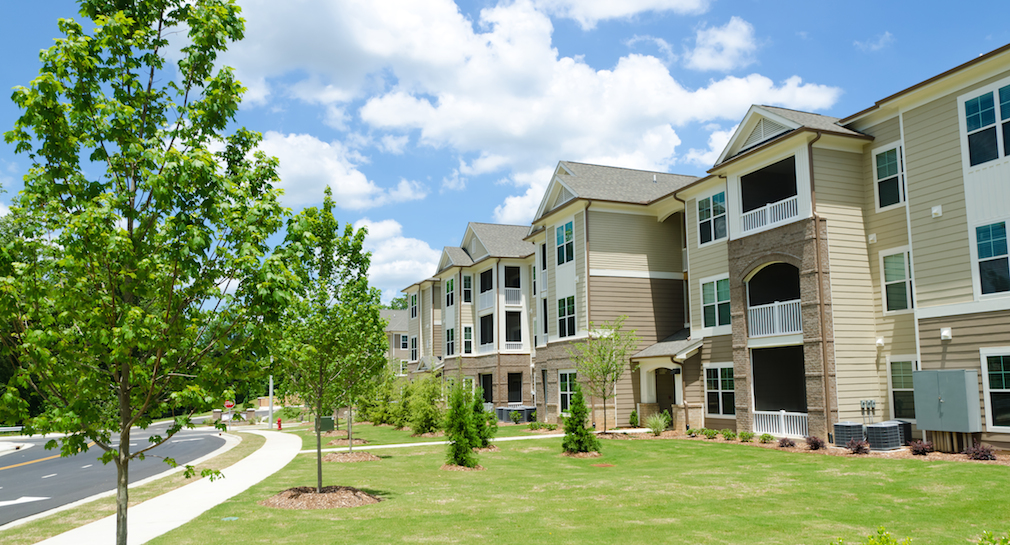The state of New Jersey is investing $28 million through a series of Low Income Housing Tax Credits that will help build 1,400 affordable apartments for families, seniors and special needs residents across the state.
The LIHTC investments will come from the New Jersey Housing and Mortgage Finance Agency, which announced last week that it is awarding $28 million in LIHTC credits to 22 developments in 12 counties.
According to the NJHMFA, the tax credits will support projects that total nearly $479 million in development investment and will “create thousands of construction-related jobs, generate additional tax revenues and boost local economic activity.”
NJHMFA said that it estimates that these tax credit awards will lead to more than $759 million in one-time economic output, which it defines as as the total value of industry production, such as sales and business revenues.
“Investing in housing that is affordable in New Jersey is the most important thing we can do to help individuals, families and seniors of mixed income levels be able to afford to live in this state,” said New Jersey Lieutenant Gov. Sheila Oliver, who also serves as Chair of the NJHMFA board. “These vital tax credits help keep our commitment to the goal of producing housing that meets the diverse needs of our communities with the added benefit of producing thousands of jobs across the state.”
Additionally, during construction, the projects are expected to produce more than 4,500 full-time jobs and approximately $27.8 million in state and local taxes.
Then, once the projects are completed, the developments will support nearly $85 million in economic output, 479 full-time jobs, and approximately $4.8 million in state and local taxes annually.
“Through this award of tax credits, developers can leverage $270 million in private equity to help finance the development of affordable housing and improve the lives of thousands of residents,” NJHMFA Executive Director Charles Richman said. “This program has been key to our efforts to expand affordable housing and invest in communities across the state.”






